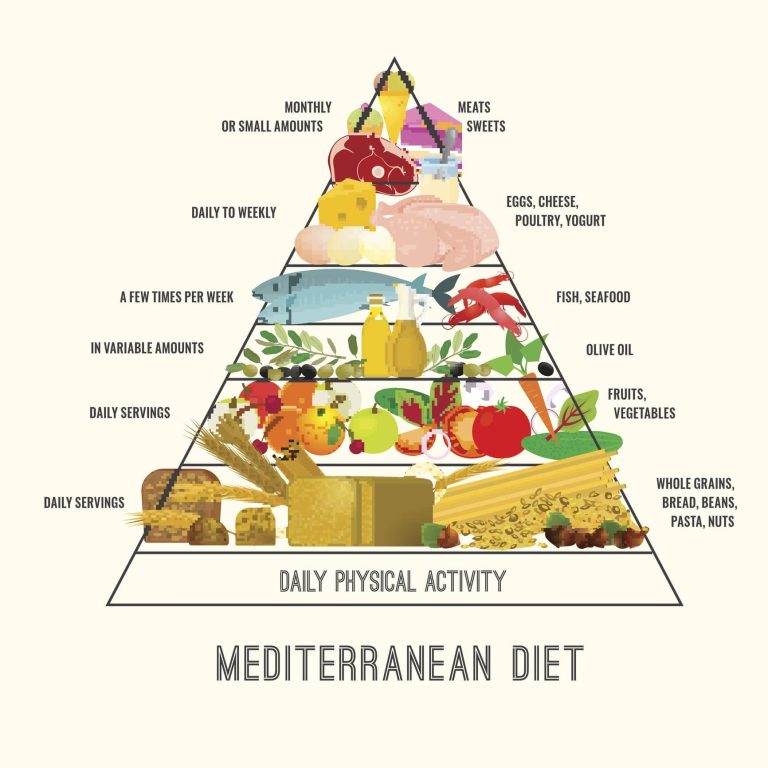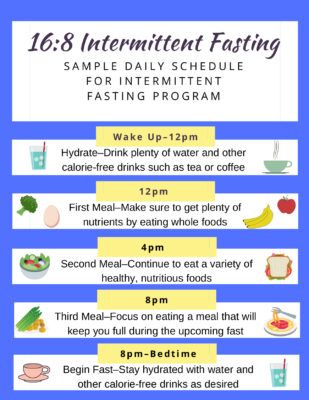Mindful eating is an approach to nutrition that emphasizes the awareness and intentionality of eating. It goes beyond just focusing on what we eat, and instead encourages us to pay attention to how we eat, why we eat, and the overall experience of nourishing our bodies. By practicing mindful eating, we can develop a more positive relationship with food and make healthier choices for our overall well-being.
The Essence of Mindful Eating
Mindful eating involves being fully present during meal times and savouring every bite. It is about paying attention to the flavors, textures, and smells of the food, as well as the physical sensations it provides. This holistic approach encourages listening to our body’s hunger and fullness signals, rather than relying on external cues or emotional triggers to determine when and what to eat.
The Benefits of Mindful Eating
1. Improved Digestion: When we eat mindfully, we are more likely to chew our food thoroughly, which aids in better digestion and nutrient absorption. It also reduces the risk of overeating, as we are more attuned to our body’s natural signals of fullness.
2. Weight Management: Mindful eating can help prevent mindless snacking or emotional eating, which often contributes to weight gain. By being aware of our food choices and eating habits, we can make healthier decisions and maintain a balanced diet.
3. Enhanced Satisfaction: By truly experiencing each bite, mindful eating allows us to derive greater satisfaction and pleasure from our meals. This can reduce cravings for unhealthy foods and lead to an increased appreciation for nourishing, whole foods.
Practicing Mindful Eating
To incorporate mindful eating into your daily routine, try adopting these simple practices:
1. Slow Down: Take your time while eating and avoid rushing through meals. Chew each mouthful thoroughly and savor the flavors and textures of the food.
2. Minimize Distractions: Turn off the television, put away your phone, and focus solely on your meal. By eliminating distractions, you can fully immerse yourself in the experience of eating.
3. Tune in to Hunger and Fullness: Before eating, pause for a moment and assess your hunger levels. Eat when you are physically hungry and stop when you feel comfortably satisfied, rather than eating until you are overly full.
4. Practice Gratitude: Take a few moments to acknowledge and appreciate the food on your plate. Reflect upon the effort that went into its production and the nourishment it provides for your body.
5. Observe Emotions: Notice any emotional triggers that may be influencing your eating habits. If you find yourself reaching for food when you’re not hungry, try to address the underlying emotions in a healthier way, such as through journaling or engaging in a hobby.
Conclusion
Mindful eating is more than just a diet plan; it is a holistic approach to nutrition that honors our bodies and fosters a positive relationship with food. By practicing mindful eating, we can nourish our bodies while also savoring the overall eating experience. The numerous benefits, including improved digestion, weight management, and enhanced satisfaction, make it a worthwhile practice to incorporate into our daily lives. So take a moment, slow down, and savor each bite, for our well-being truly begins with mindful eating.












